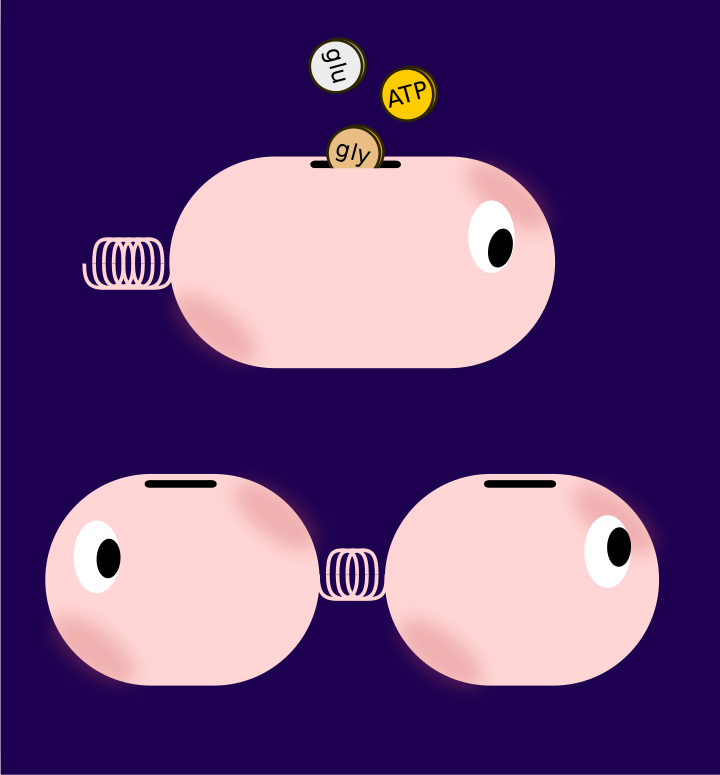Economic Principles in Cell Biology

Welcome | Forum | Young scholars | Textbook | Teaching materials | Summer school | Workshops | Contact
Summer school “Economic Principles in Cell Biology” - Paris, July 8-11, 2024
Welcome - Lectures - Schedule and teachers - Practical information
Topics of the course
|
The summer school is centered around the topics of our free and open textbook “Economic principles in cell biology” about cellular physiology and resource allocation, and will feature a number of (existing or planned) chapters as lectures. The course addresses students and young researchers with a natural science, engineering, or mathematics background. The first lectures give an introduction to basic metabolic and cell modeling, followed by lectures about more specific topics such as scaling relations and biological behaviour in the presence of randomness. In-person participants will also be involved in discussions around our book project. On the last day, all in-person participants are invited to participate in an Atelier SEnS workshop about personal values and how they relate to one's work as a researcher. |
Course schedule
Monday |
Tuesday |
Wednesday |
Thursday |
|||
|
|
|
|
Atelier SEnS
| |||
|
|
|
|
||||
|
(noon) |
(noon) |
(noon) |
||||
|
|
(1 pm) |
(1 pm) |
||||
|
|
|
|
||||
Coffee break (3 pm) |
Coffee break (3 pm) |
Coffee break (3 pm) |
||||
|
|
|
|
||||
|
Guided tour of the LPI (4:30 pm) |
|
|
||||
|
Get-together (7:30 pm) |
 Hybrid lecture
Hybrid lecture  Remote lecture Hours are Paris time (CEST)
Remote lecture Hours are Paris time (CEST)
Teachers and authors present in Paris
|
Teachers giving lectures online
|
Night Science
|
On Tuesday we will host a Night Science session, a course on the creative scientific process, developed by Itai Yanai and Martin Lercher.
Website: night-science.org |
Atelier SEnS
|
The workshop Atelier SEnS ("Science, environment, society") on Thursday will be held by Sophie Quinton and Natalia Kotelnikova-Weiler. The workshop addresses young scientists and engineers and provides an opportunity, especially for PhD students, to think about defining decisions for their future life and career. More information can be found here. The SEnS workshop has been designed to provide tools and resources for this purpose, to a group of 5 to 15 people working in academia. It aims to offer a venue to collectively discuss the consequences of our research, the values that it conveys, and more generally how scientific research fits in the anthropocene; provide an introduction to science and technology studies, in particular to the philosophy, history, and sociology of science; and initiate a collective construction of a social and environmental responsibility of research. The objective is not to reach a consensus between the participants, but rather to provide everyone with the opportunity to reflect and take a stance on current environmental issues in a respectful and constructive setting. By confronting ideas and sharing knowledge, the goal is then to find common ground. |